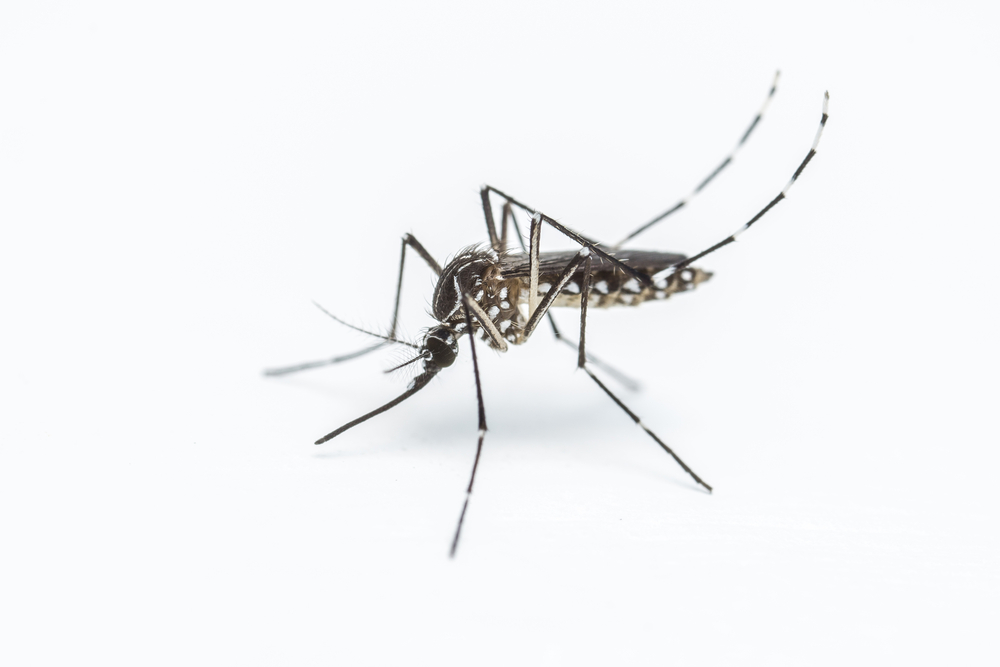
A study conducted by the Johns Hopkins Bloomberg School of Public Health has discovered one of the natural factors aiding the spread of dengue globally: common fungus.
Apparently, the fungus lives in the gut of certain mosquitoes, and its presence there helps dengue virus to survive in the insects–allowing them to spread it to humans. These results were published in eLife, along with researchers’ hopes to see them translated into a general indicator of dengue transmission risk and potential counters to it.
“If this common fungus proves to have a significant impact on mosquitoes’ ability to transmit dengue virus to people in endemic areas, then we can start to think about ways to translate this knowledge into specific anti-dengue strategies,” George Dimopoulos, professor in the Bloomberg School’s Department of Molecular Microbiology and Immunology, said.
For the purposes of the study, scientists fed mosquitoes spores of the fungi, then followed it with a dengue virus-laced meal. Mosquitoes with the fungus proved more susceptible to the virus in turn. They also had greater odds of harboring dengue particles in their guts afterward. This, they said, was likely due to molecules hosted by those fungal cells which reduce the labors of mosquitoes’ digestive enzymes.
“This finding tells us that the protein-digesting activity of the mosquito gut can influence the success of dengue virus in establishing infection in the mosquito,” Dimopoulos said. “The virus has a protective envelope called a capsid that is protein-based, so it is possible that this capsid is susceptible to some of these mosquito-gut enzymes.”
This could shed light on why some mosquitoes are able to transmit dengue where others are not. Not all mosquitoes, after all, are susceptible to these fungi.
Dimopoulos and his team conducted a separate study last year in Puerto Rico, whereby they discovered a separate fungus living in the gut of still more mosquitoes. It affected the insects’ susceptibility to malaria parasites. This latest finding is an offshoot of that same field project.




